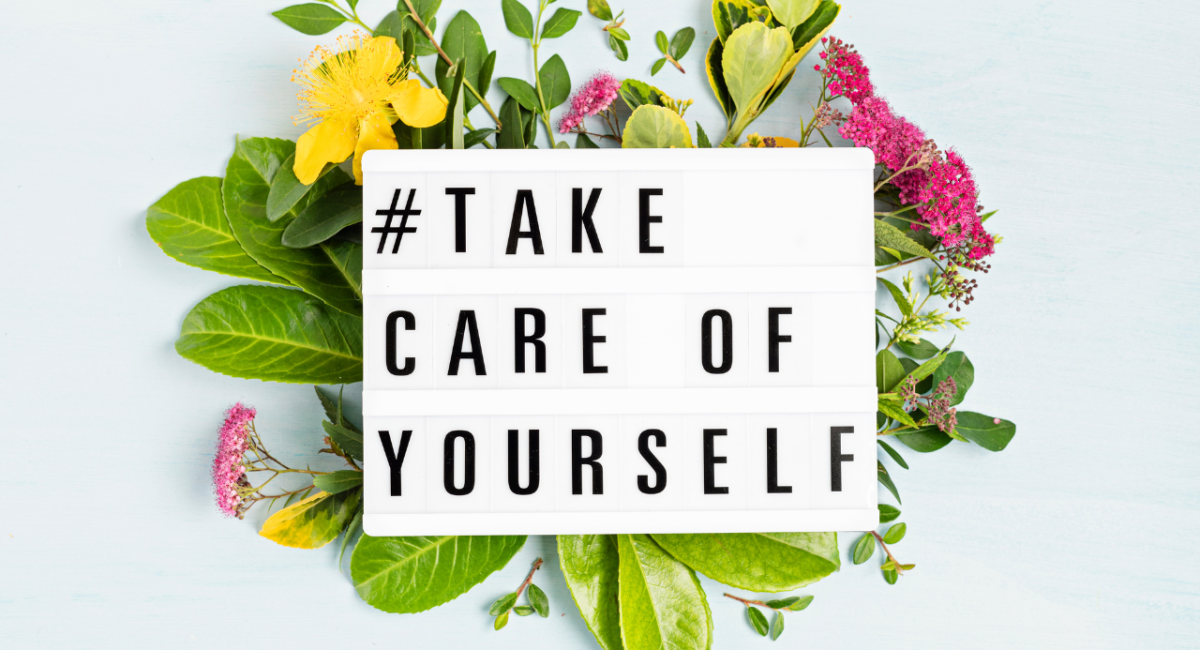

In our family, we always talk about the importance of being a role model. My husband and I teach our children that for our world to be a better place, we all have to be better role models to one another. If you walk into our house at any time and ask how we identify ourselves as a family, my children, without thinking twice, will tell you we are leaders.
One evening as we were preparing dinner, our eldest son Ethan shared that he had had a bad experience at school that day. Ethan narrated that in class some of his colleagues were discussing students who had higher chances of making it to the prefects’ list. One of them said, “Ethan will most likely make the list, but they will have to reduce the mic stand for him because this dude is too short”.
That remark made him so angry that he stomped out of the class. Yes, you guessed right, a button was pressed there. Ethan always talks of how he is the third shortest guy in his class and how he hoped he was a bit taller. He thinks his height makes him look too small and is inconvenient.
I was surprised that Ethan took one element of the story and ignored the rest. I thought to myself, had he chosen to focus on the fact that his friends considered him to be eligible enough and that they had seen that he has all it takes to become a prefect, this conversation would have been different. So, because he chose to focus on the ‘tease’ which made him feel so bad and so unsure about himself, he didn’t see the compliment.
I asked him about it and as we conversed I realised that many of us are like Ethan. We have areas of our lives that we feel less than others and as we go about life we allow our negative attitudes towards those areas to intimidate us.
Scientifically, it was proven that the brain tends to register negative stimuli more readily and easily dwells on those events. As a result, we feel the sting of a rebuke more powerfully than we feel the joy of praise.
This is called Negativity Bias.
The good news is that we can overcome the Negativity Bias if we can train our minds. We can stop negative self-talk by choosing to engage in an uplifting activity to pull ourselves out of a negative mindset state. But how do we do that?
1. Talk to your self – When we find ourselves interpreting experiences or events negatively, we should reframe the events in a more positive light.
2. Celebrate the wins – For example during a Performance Review, instead of fixating on the few constructive remarks around our areas of improvement, let us also pat ourselves on the back and allow ourselves to celebrate the positive aspects.
3. Reflect on the good – After an intense argument with a spouse, instead of counting all the incidences that they have made us cross let us not allow the sun to go down upon our anger, instead, let us take time to remind ourselves of the lovely moments that we have shared with them or we can also reminisce on what made us fall in love with them in the first place :-).
Article by Cynthia Mabaso Chimanikire


















